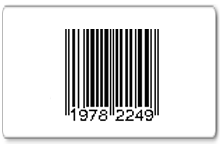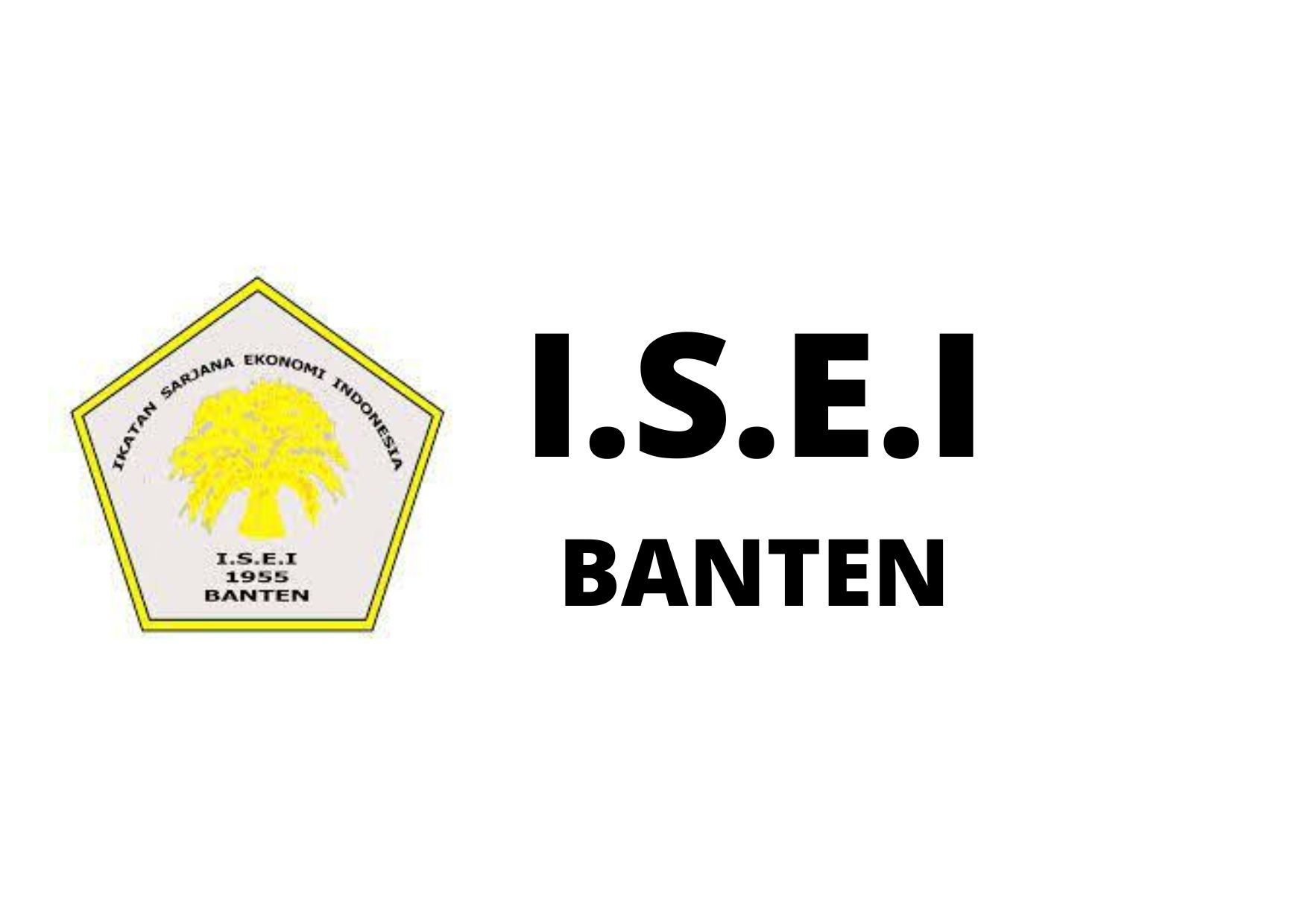Tantangan Kompetisi dan Risiko Monopoli dalam Transformasi Digital E-Commerce dengan Studi Kasus Aplikasi TikTok di Indonesia
Abstract
Technological developments in Indonesia in the field of trade are increasingly rapid in online use, where the use of the digital economy makes transactions easier throught an increase in the number and value of e-commerce transactions. The use of trade transactions with e-commerce, especially in Indonesia, can create more opportunities for business competition to occur and even more features are provided for making sales through the Tiktok application. Technological improvements can have a significant impact on the country's economic growth. Therefore, the author examines the challenges of competition and the risk of monopoly in the use of the Tiktok application which has a dual function as social media and e-commerce (online buying and selling transactions). The writing of this journal uses a qualitative descriptive method where most of this research proves data obtained from various sources on the official Kominfo and Ministry of Trade websites which are then linked to risks that are likely to occur in the future. The results of this research explain that the practice of using the Tiktok application as both social media and e-commerce can lead to monopoly and unhealthy business competition in the world of commerce. So there is a need for government policies and regulatory updates that need to be implemented to limit the use of the Tiktok application in various circles of society.
Keywords
Full Text:
PDF (Indonesian)References
Akbar, D. M. A., & Alam, S. N. (2020). E-Commerce Dasar Teori Dalam Bisnis Digital. Yayasan Kita Menulis.
Annur, Cindy Mutia. (2023). Pangsa Pasar E-Commerce di Asia Tenggara (2022-2023*). Diakses pada tanggal 9 Desember 2023. https://databoks.katadata.co.id/datapublish/2023/10/04/sebelum-tutup-di-indonesia-pangsa-pasar-tiktok-shop-diprediksi-melesat-pada-2023
Annur, Cindy Mutia. (2023). Pengguna Internet di Indonesia Pada Januari Tahun 2013 hingga Januari 2023. Diakses pada tanggal 8 Desember 2023. https://databoks.katadata.co.id/datapublish/2023/09/20/pengguna-internet-di-indonesia-tembus-213-juta-orang-hingga-awal-2023#:~:text=Didukung%20Oleh&text=Menurut%20laporan%20We%20Are%20Social,orang%20pada%20awal%20tahun%20ini.
Aysa, I. R. (2021). Tantangan Transformasi Digital Bagi Kemajuan Perekonomian Indonesia. Jurnal At-Tamwil: Kajian Ekonomi Syariah, 3(2), 140-153.
Cahyani, S. R., & Artanti, Y. (2023). Pengaruh Online Customer Trust Dan Online Store Environment Terhadap Online Impulse Buying Melalui Perceived Enjoyment Sebagai Variabel Mediasi (Studi pada Konsumen TikTok Shop). Jurnal Ilmu Manajemen, 252-265.
Erlinda, & Astuti, R. (2019). Pengaruh E-Commerce Terhadap Minat Berwirausaha Yang Dimoderasi Oleh Pendidikan Kewirausahaan (Studi Kasus Pada Mahasiswa Fakultas Ekonomi Universitas Muhammadiyah Aceh). Jurnal Ilmiah Manajemen Muhammadiyah Aceh, 9(2), 101–114. https://doi.org/10.37598/jimma.v9i2.985
Hasan, M., & Azis, M. (2018). Pembangunan Ekonomi & Pemberdayaan Masyarakat: Strategi Pembangunan Manusia dalam Perspektif Ekonomi Lokal. CV. Nur Lina Bekerjasama dengan Pustaka Taman Ilmu
Hotana, M. S. (2018). Industri e-commerce dalam menciptakan pasar yang kompetitif berdasarkan hukum persaingan usaha. Jurnal Hukum Bisnis Bonum Commune, 1(1), 28–38.
Maghfiroh, F. M. S., Natalina, S. A., & Efendi, R. (2023). Transformasi Ekonomi Digital: Connection Integration E-Commerce dan S-Commerce dalam Upaya Perkembangan Ekonomi Berkelanjutan. Proceedings of Islamic Economics, Business, and Philanthropy, 2(1), 1-10.
Rimbasari, A., Widjayanti, R. E., & Thahira, A. (2023). Pengaruh Viral Marketing dan Social Media Marketing Terhadap Keputusan Pembelian di Platform TikTok. CAPITAL: Jurnal Ekonomi dan Manajemen, 6 (2), 457-466.
Sa’adah, A. N., Rosma, A., & Aulia, D. (2022). Persepsi generasi Z terhadap fitur Tiktok Shop pada aplikasi Tiktok. Transekonomika: Akuntansi, Bisnis Dan Keuangan, 2(5), 131-140.
Tapscott, D. (2014). The Digital Economy Anniversary Edition: Rethinking Promise and Peril in the Age of Networked Intelligence ,New York, NY: McGraw-Hill, 2014 Reviewed by Howard A. Doughty.
Yusuf, M. F. M., Garusu, I. A., Hamid, A., Rauf, D. M., & Sari, I. M. (2024). Dampak Penutupan TikTok Shop Terhadap Pengguna dan Pelaku Bisnis Dalam E-Commerce: Indonesia. Jurnal Ilmu Sosial Dan Pendidikan, 2(1), 01-07.
Vital Wave., & Caribou Digital. (2014). Digital Economies In Emerging Markets. Retrieved from http://vitalwave.com/article-presentation/digital-economiesin-emerging-markets.
DOI: http://dx.doi.org/10.35448/jmb.v16i1.23398
Refbacks
- There are currently no refbacks.
Copyright (c) 2024 Sains: Jurnal Manajemen dan Bisnis
Redaksi SAINS: Jurnal Manajemen dan Bisnis,
Fakultas Ekonomi dan Bisnis, Universitas Sultan Ageng TirtayasaJl. Raya Palka KM 3 Sindangsari, Pabuaran, Kab. Serang, Provinsi Banten
Telp/Fax (+62254) 3204321
E-mail: [email protected]
Sains: Jurnal Manajemen dan Bisnis is licensed under a Creative Commons Attribution-ShareAlike 4.0 International License.







